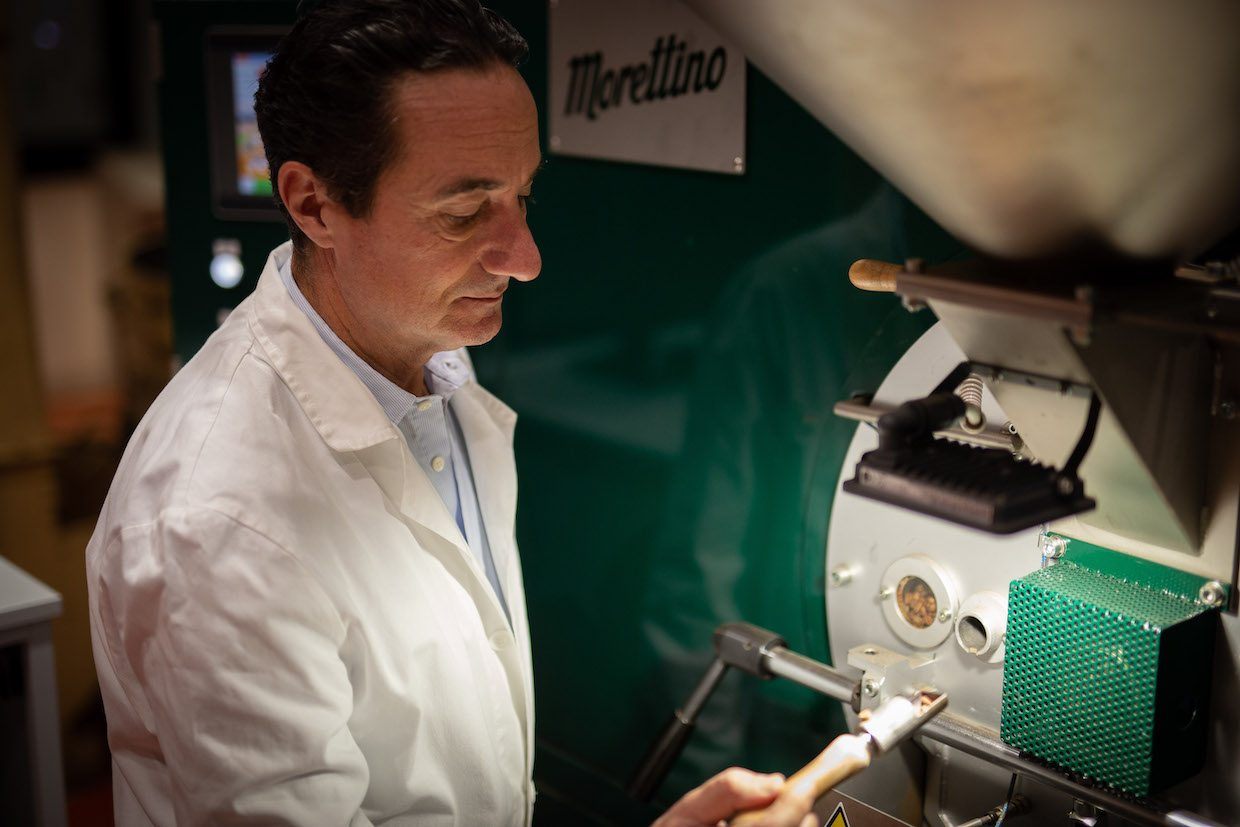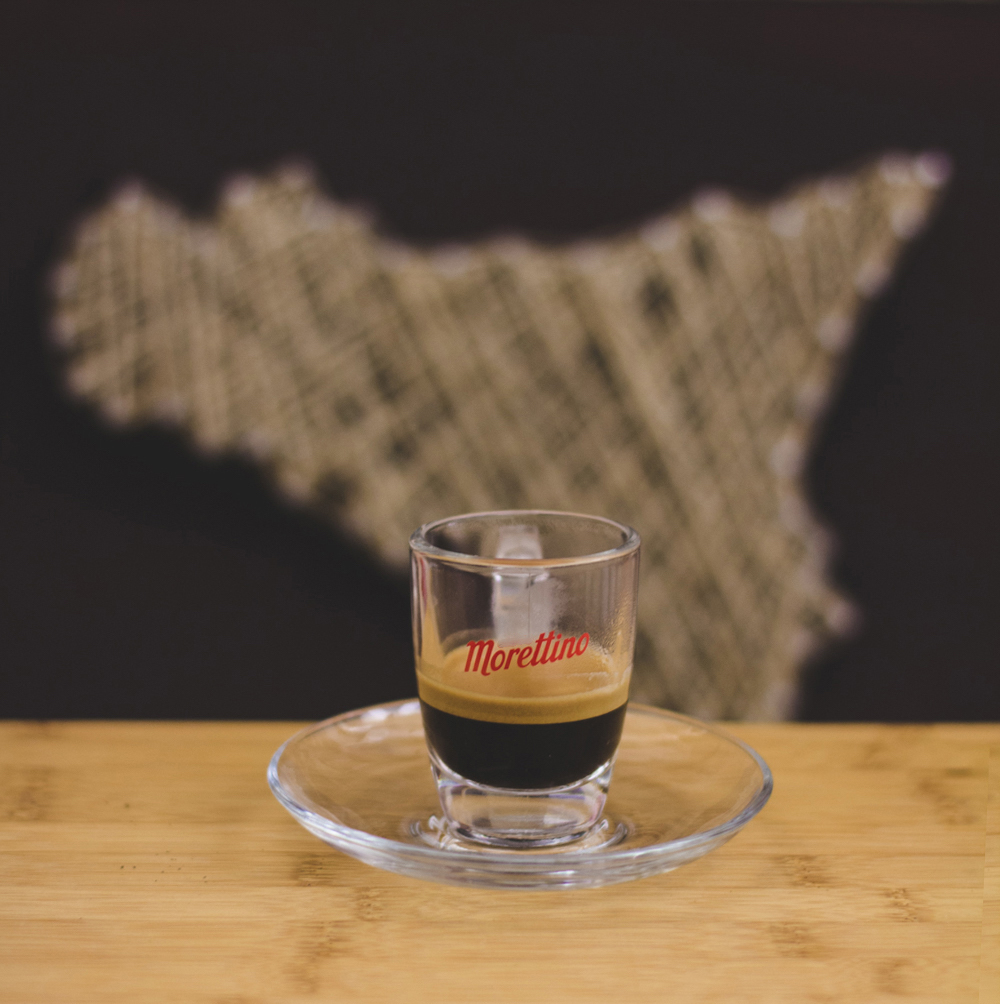Last month, the mature, deeply entrenched relationship between Italy and coffee experienced a wild new twist as the longtime roasting company Morettino brought forth the first green coffee ever produced in the country.
On the island of Sicily, north of the company headquarters in Palermo, the Morettino family has been quietly maintaining an experimental plot of arabica coffee plants with seeds donated by the Botanical Gardens of Palermo about 30 years ago.
While plants have survived and been propagated in organic conditions, it wasn’t until this year that they produced what the company described as an “incredible harvest.”
“We were surprised by the abundant harvest of our plants, which we considered as a gift for all the love that our family has given them during the years,” Arturo Morettino, who represents the third generation in the 101-year-old company, said in an announcement shared with DCN.
The production in Palermo follows similar agricultural research or development efforts in other traditional coffee-consuming places — notably including California and Florida in the United States. It also comes as climate change threatens to redraw the world’s agricultural maps, and as coffee buyers seek differentiation through unique, high-end offerings.
Related Reading
- On the Frinj: A Chat with Jay Ruskey About California-Grown Coffee
- Cocoa Could Fill In as Arabica Loses Ground to Climate Change, Research Suggests
- Climate Change Will Alter the Specialty Coffee Landscape in Ethiopia, Study Shows
At the Morettino plot, the plants themselves are a mix of Bourbon and Catuai varieties, which are currently being grown at about 350 meters above sea level in the small village of San Lorenzo.
Despite the relatively low elevation as compared to the vast majority of the world’s arabica production, the company described numerous positive quality characteristics in the finished cup.
The family said they believe climate change was responsible for the bountiful 2021 harvest.
“The sensory characteristics of this native Sicilian coffee are a unique result that makes us proud,” Andrea Morettino, a fourth-generation roaster in the family, said. “We are witnessing strong climate changes that have to make us think about the present and future of our land, that has shown signs of intolerance and risks for the traditional farming of citrus fruits, but also unexpected potential shown by the farming of tropical fruit in Sicily like mango, papaya, avocado, kiwi or Sicilian litchi.”
While the green coffees were used primarily for in-house cuppings and tastings, the Palermo-based company is planning to further develop its coffee-production operations, collaborating with the University of Palermo and the Botanical Gardens of Palermo.
Nick Brown
Nick Brown is the editor of Daily Coffee News by Roast Magazine.
Comment
2 Comments
Comments are closed.








Sicily is not an island.
Dear Thomas, of course is Sicily an island